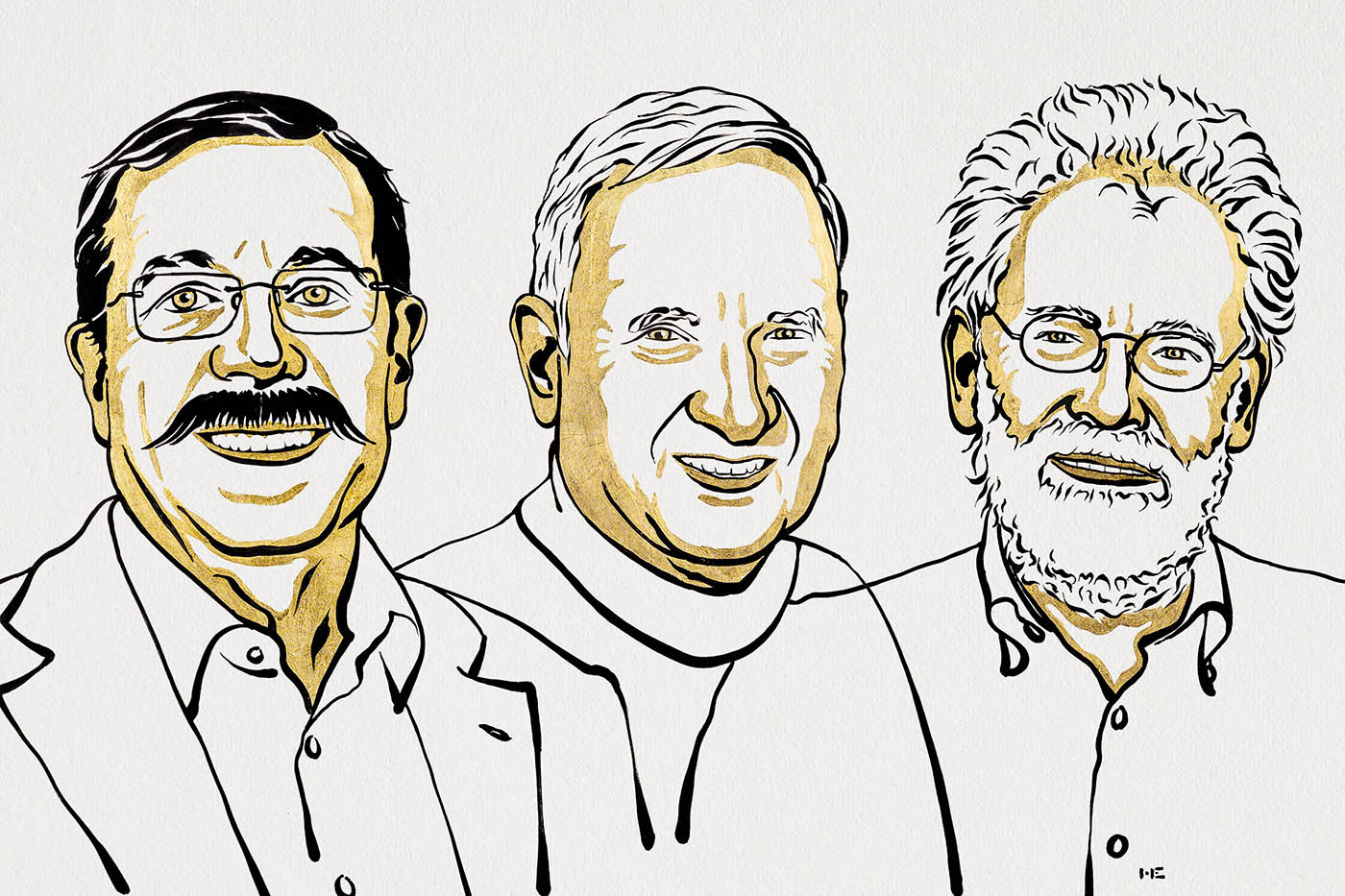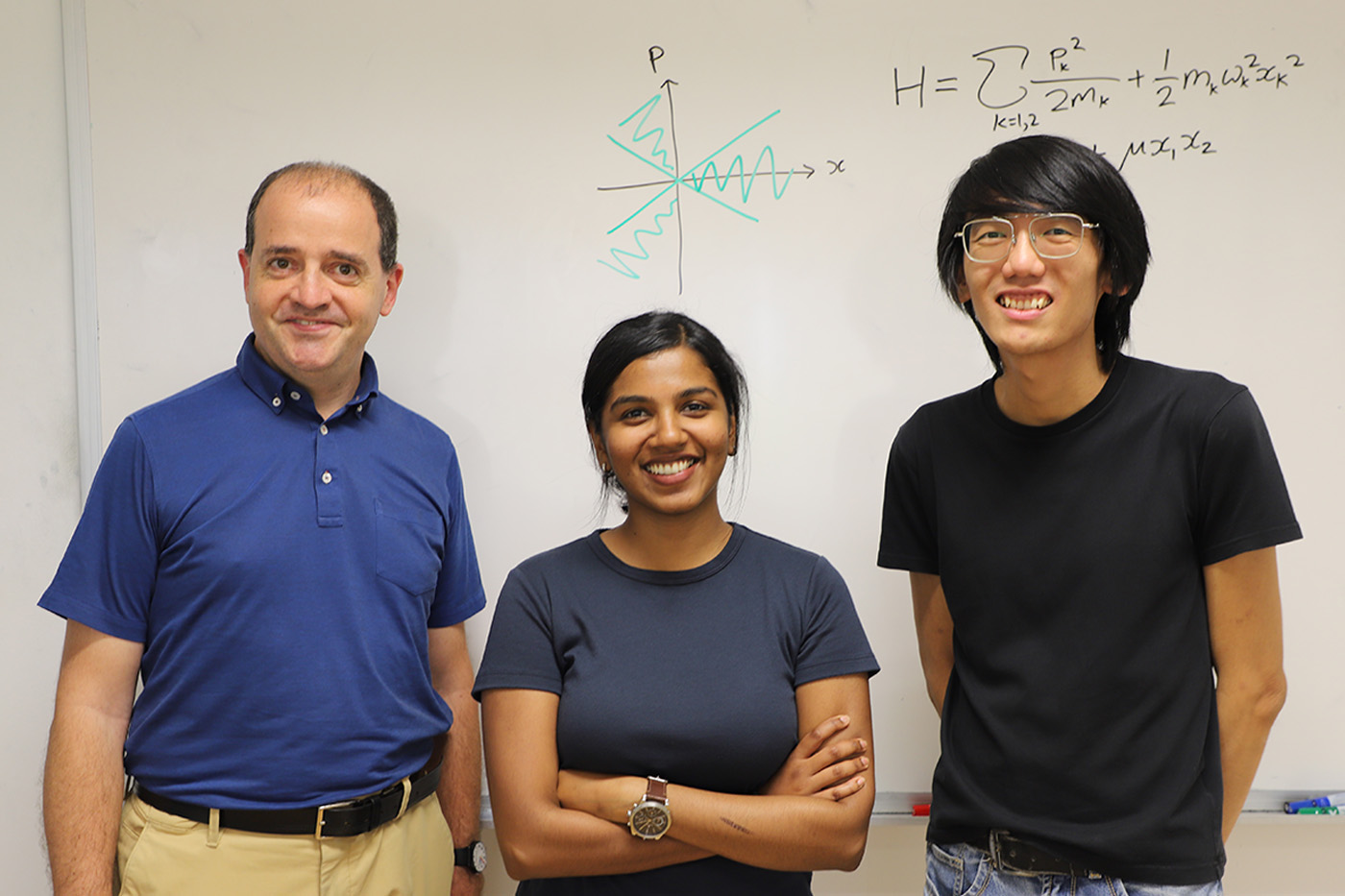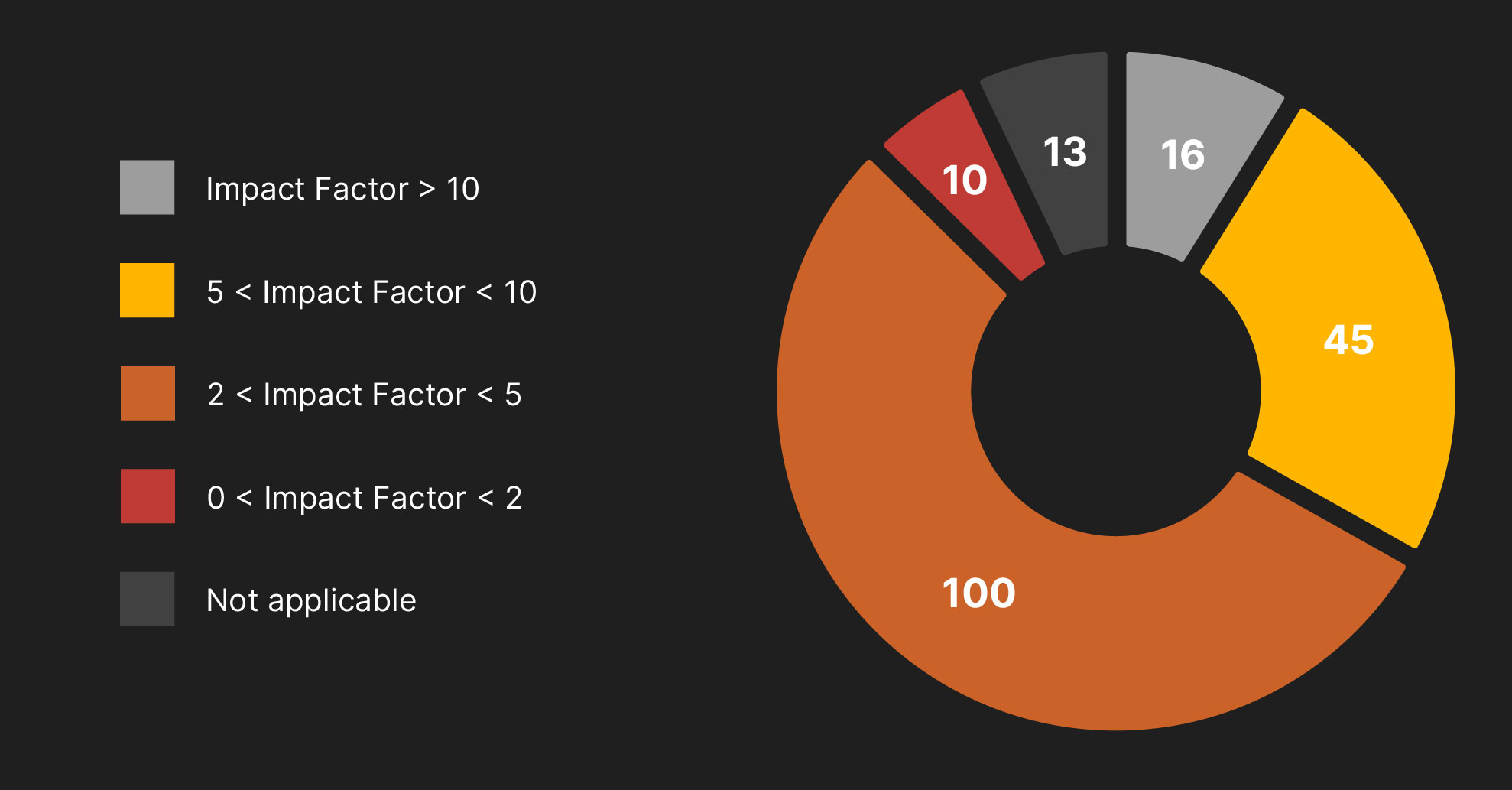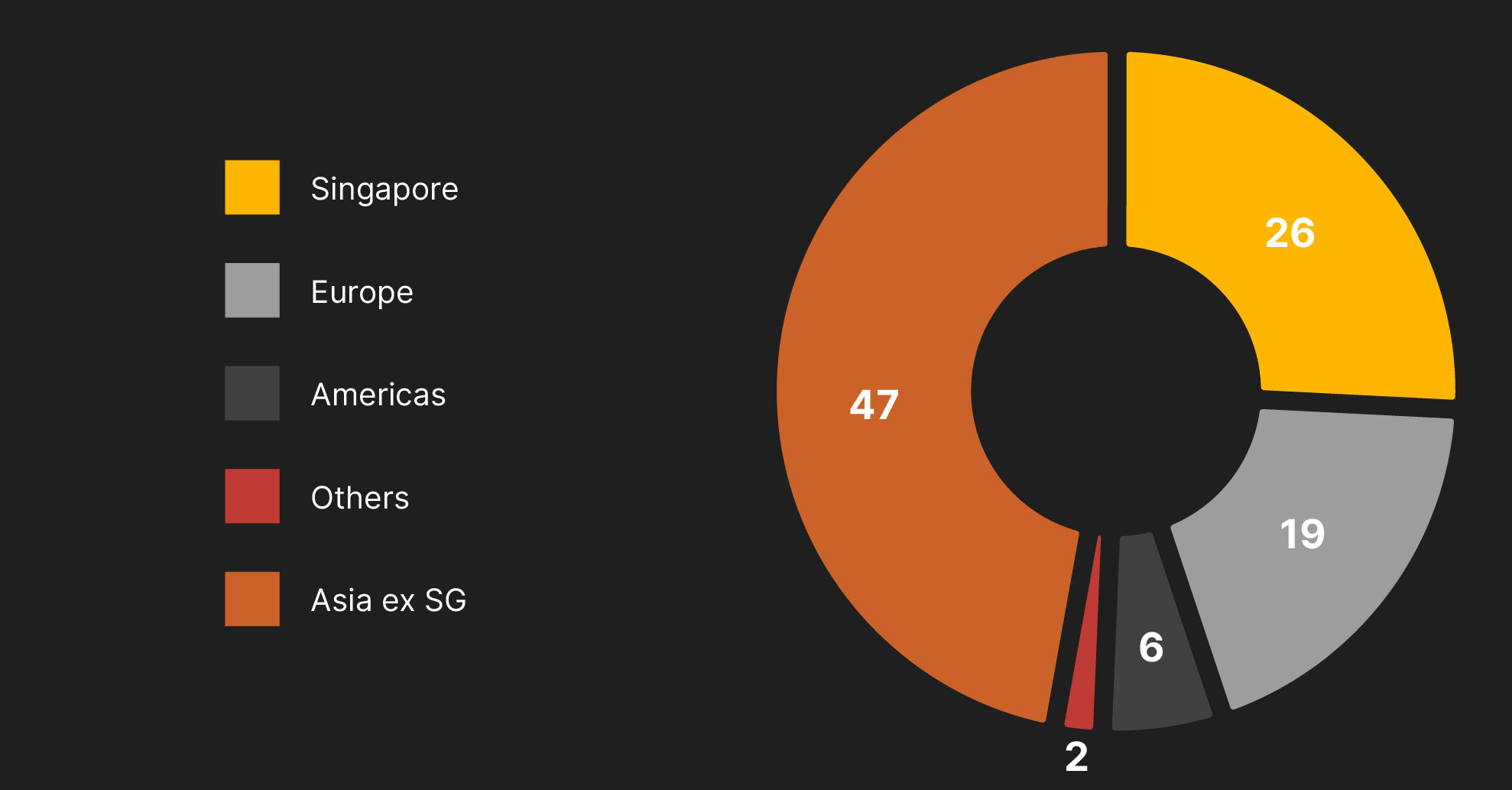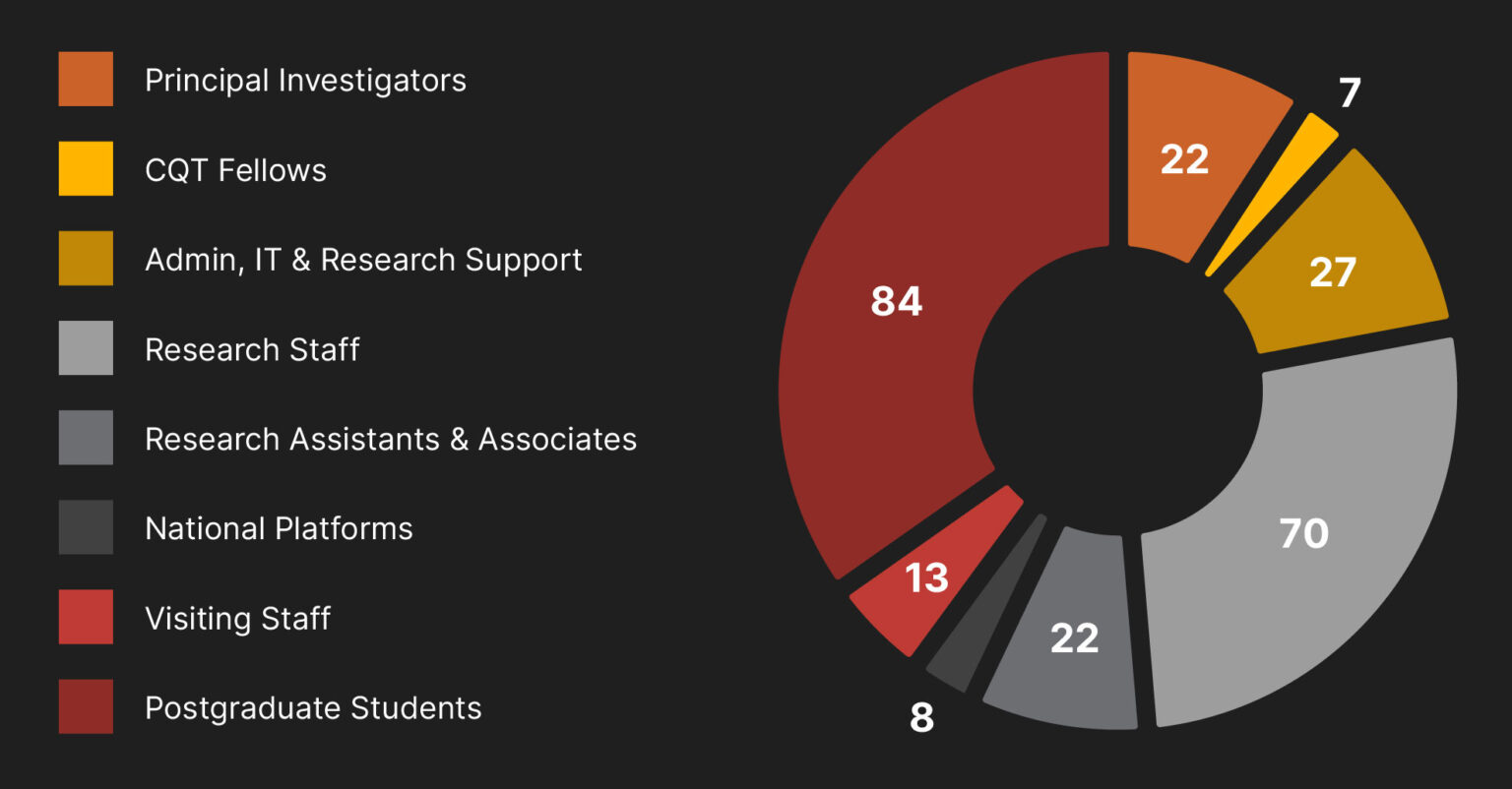Celebrating World Quantum Day
In collaboration with Science Centre Singapore, CQT organised an event about quantum entanglement in film, theory and experiment
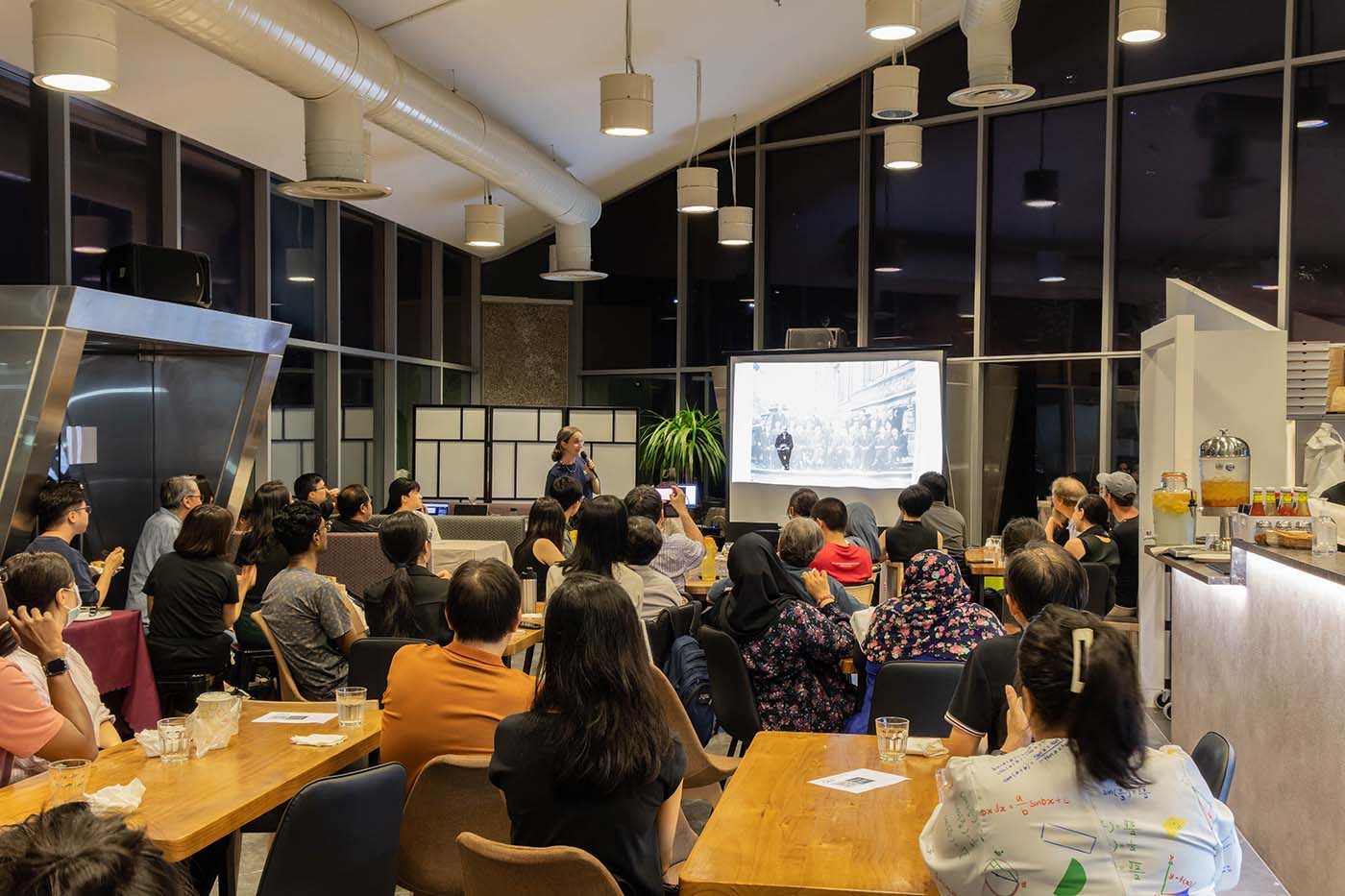
Over 70 guests attended our Science Caf? serving up quantum entanglement. The event was co-organised with Science Centre Singapore. It jointly celebrated World Quantum Day and the 2022 Nobel Prize in Physics. Credit: Raphael Ng.
CQT celebrated World Quantum Day by serving up quantum in a cafe. On 14 April, CQT collaborated with Science Centre Singapore to organise a Science Cafe session on quantum entanglement. Over 70 participants attended the session held at Stellar Kitchen Bar at Science Centre.
World Quantum Day is an annual celebration aiming to promote public awareness and understanding of quantum science and technology. It is a ground up initiative by quantum scientists from more than 65 countries. The date – April 14 – references the rounded first digits of Planck’s constant 4.14 in units of electronvolt seconds. Planck’s constant is a fundamental constant in quantum physics.
The Science Cafe series by Science Centre offers monthly talks exploring the intersection of art, science and technology across various topics. CQT’s quantum programme delved into quantum entanglement in film, theory and experiment. It followed a space-themed session in March, while the upcoming session in May will be on artificial intelligence and art.
CQT’s focus on entanglement was also a nod to the 2022 Nobel Prize in Physics. The Nobel Prize was awarded to Alain Aspect, John F Clauser and Anton Zeilinger “for experiments with entangled photons, establishing the violation of Bell inequalities and pioneering quantum information science”.
The evening began with dinner before guests settled in for a screening of “Missed Call”, the winning film of CQT’s Quantum Shorts film festival. In the film, quantum entanglement is used as a metaphor for human connection. Director Prasanna Sellathurai, who is based in the United Kingdom, joined virtually via Zoom for a Q&A session with the audience.
Then, the audience tasted the nitty gritty of the theory. CQT PhD students Zaw Lin Htoo, Pooja Jayachandran and Peter Sidajaya asked “Why don’t you know Bell’s Theorem”, designing a presentation to break down the proof of how quantum correlations between two particles such as photons can go beyond any classical description. Their take-home message for the audience: “Quantum is random. Bell’s theorem tells us that any ‘mechanism’ that knows what the photons will do does not agree with how nature behaves. Quantum correlations exist – even when Alice and Bob are galaxies apart!”
With this insight, the session moved into experimental efforts. Principal Investigator Christian Kurtsiefer gave the audience a taste of what experimentalists could do with quantum entanglement. He introduced CQT’s research in the area, including the creation of encryption keys for secure communication. Senior Research Fellow Poh Hou Shun and his team of volunteers also guided participants to test Bell’s Theorem using a hands-on quantum apparatus that makes and measures entangled photons.
Respondents to a survey at the end of the programme said they found the session inspiring and insightful. One participant enjoyed “learning about quantum entanglement and how the photon experiment works” and another complimented the speakers – “presenters did excellent to simplify ‘weirdness’”.
Happy World Quantum Day!
Related Stories
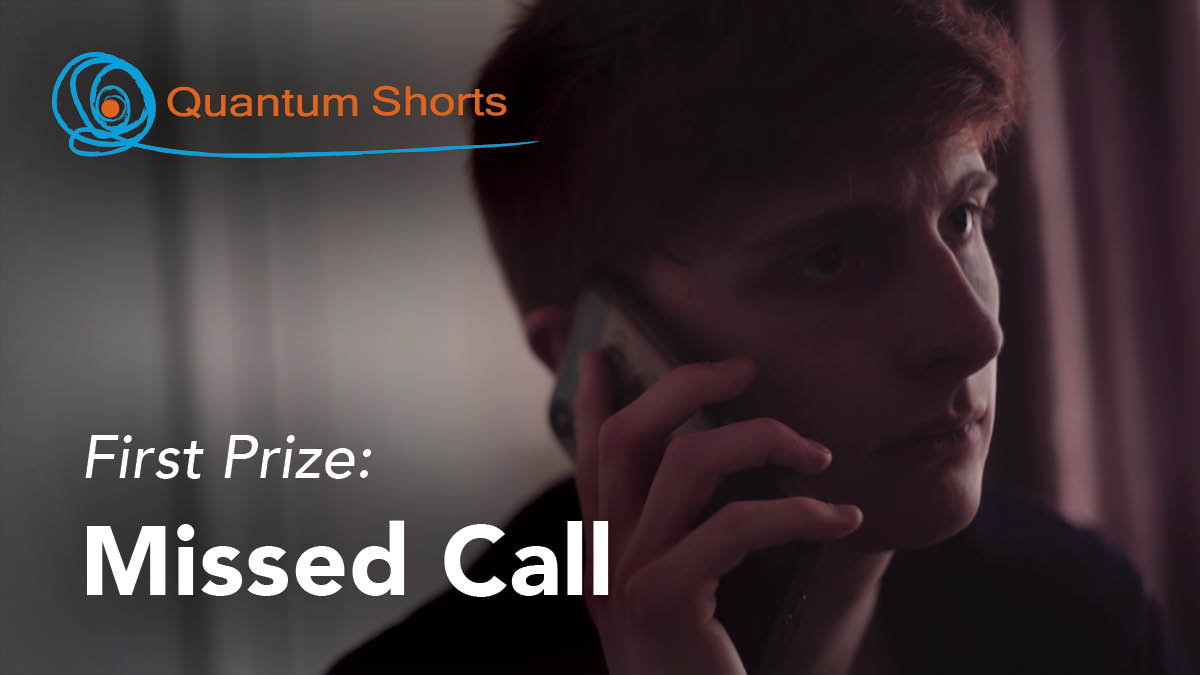
3 April 2023
Winners of the Quantum Shorts film festival
Three films inspired by quantum entanglement, the observer effect and quantum technologies win prizes
